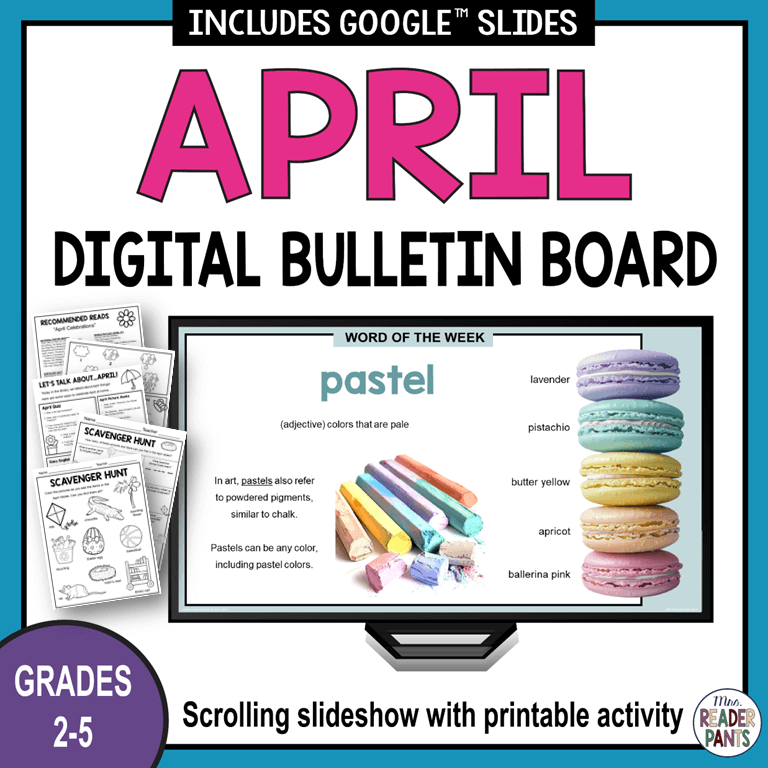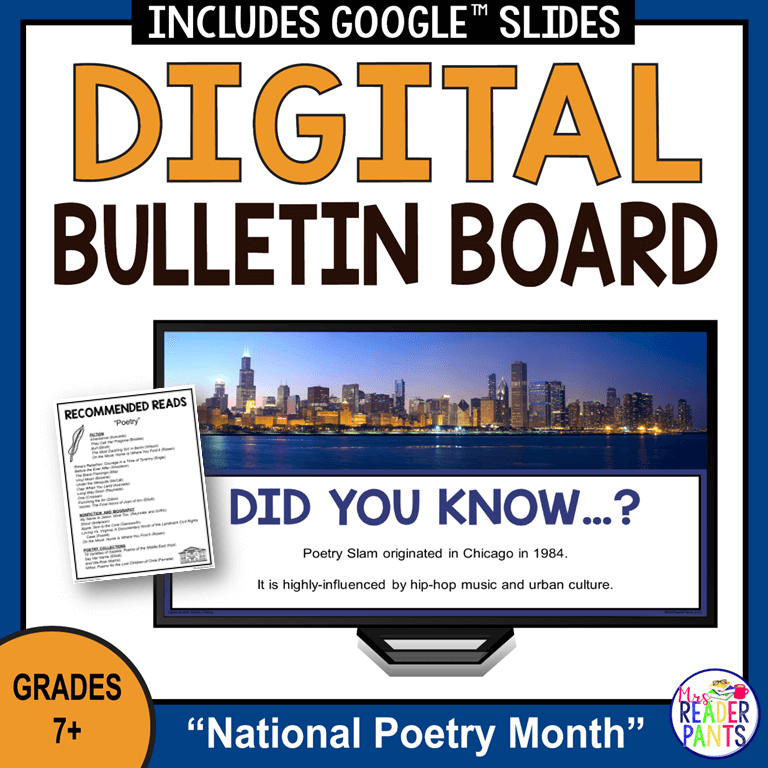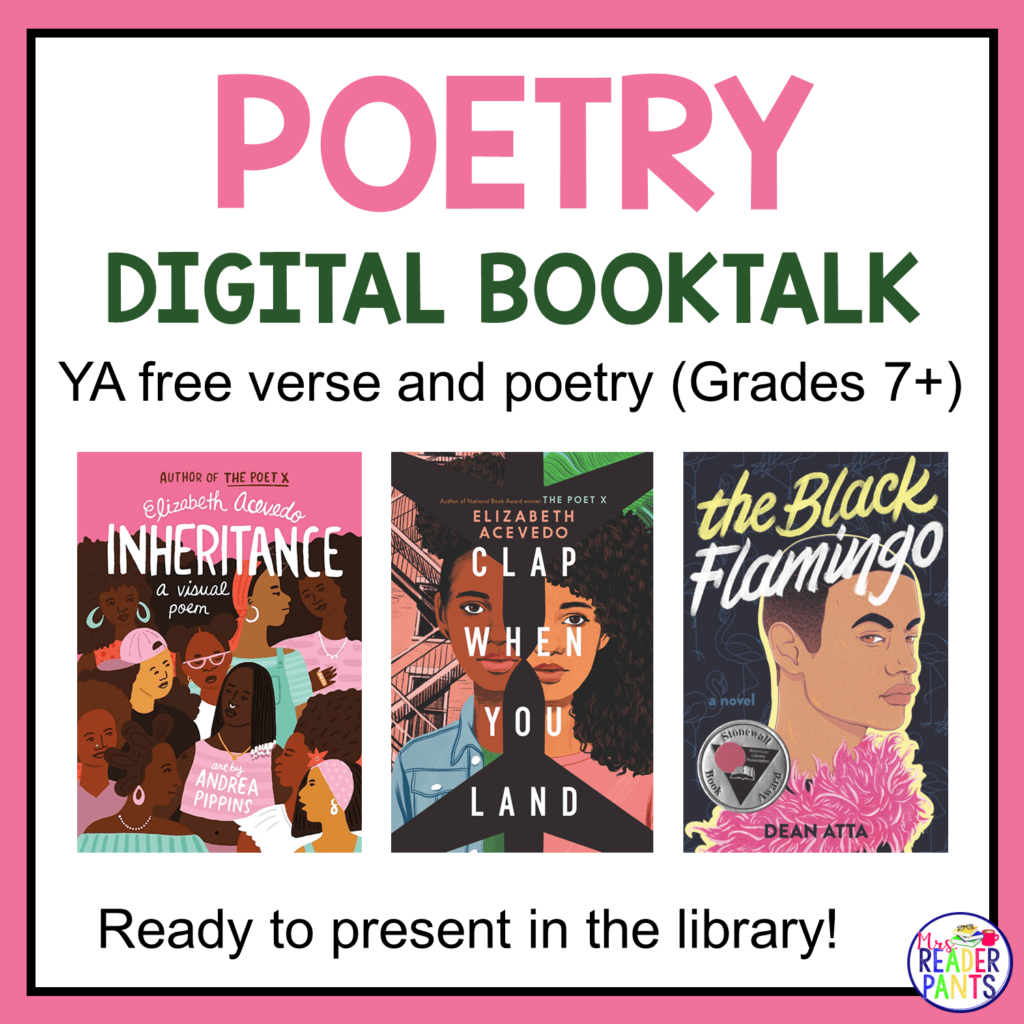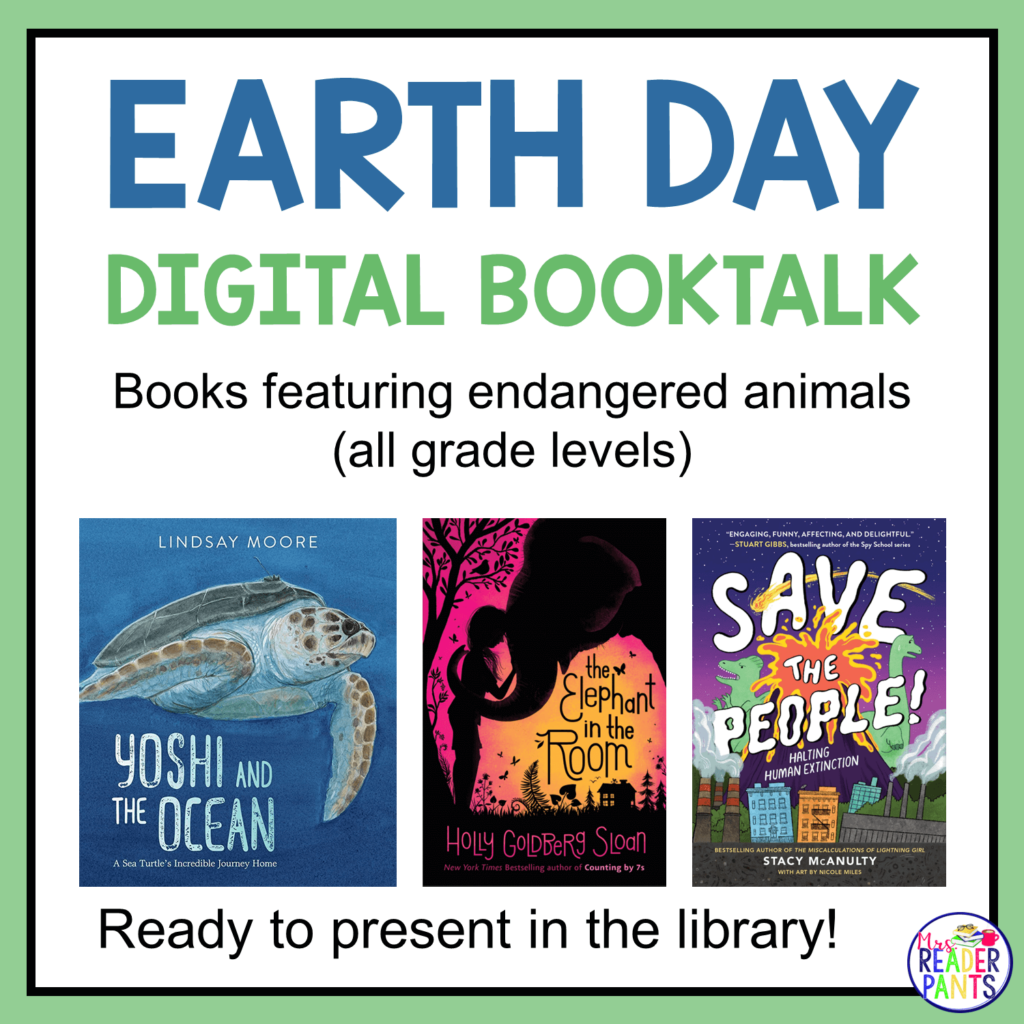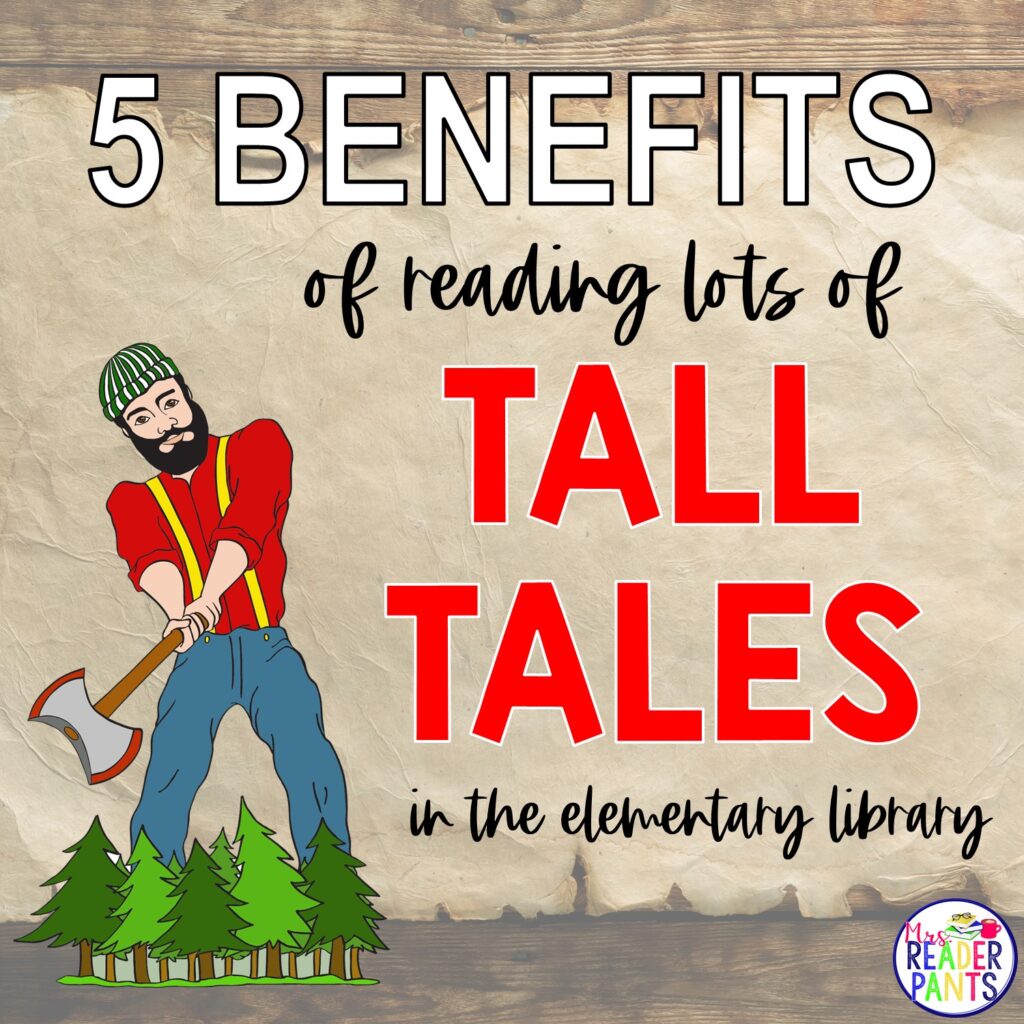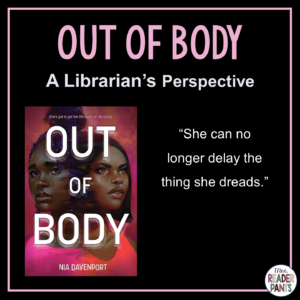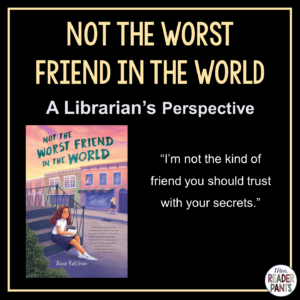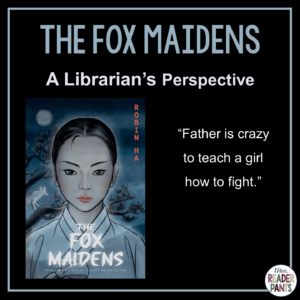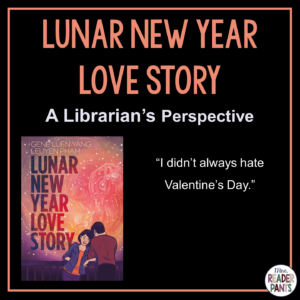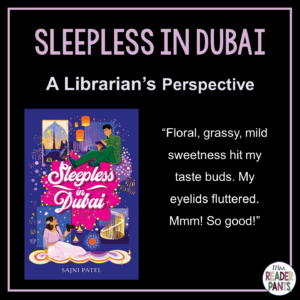IS TEACHING WHOLE-CLASS NOVELS ALWAYS BAD?
Please do not take this to mean I don’t agree with ANY whole-class reading.
For secondary English, short whole-class reading can be a great way to expose students to poetry, short stories, and essays. Some of my favorite lessons as an English teacher were on classic poetry like Jonson’s “Song To Celia,” Hughes’ “The Negro Speaks of Rivers,” and Blake’s “The Tyger” and “The Lamb.”
Unlike our interminable whole-class novel units, my class had some excellent discussions of stalking and slavery and growing up. My students got a lot out of those lessons, which were deep and meaningful and ended with that class period. We got so much more done because these lessons lasted a day or two, not several weeks.
I only taught English for three years before I became a school librarian. But as I gained experience in those three years, I found that I deviated from the whole-class novel more and more. By my third year, I was head of the reading department, so I did not encounter resistance from someone who thought all the classes should teach the same thing at the same time (ugh–I hate that, too).
That year, my class read only two whole-class novels (Hinton’s The Outsiders and, ironically, Fahrenheit 451), down from five in my first year. Instead, I immersed my classes to all kinds of poetry, song lyrics, picture books, TV sitcom theme songs, and (very) short stories and essays.
I continued to read YA novels widely, but focused especially on reading the Texas Lone Star List and books my students had recommended to me. I invested in a classroom library full of recently-released titles I knew my students would love. I gave them lots of DEAR time, which was sacred, and I read right alongside my students. My class became energized about reading and talking about books.
As did I.
It was my best year as a teacher, and I regularly had students tell me that they never liked reading until they were in my class. It was this third year that gave me the push I needed to enroll in a graduate program to become a school librarian. The very next school year, I had my very own school library.
Had I taught a fourth year, I know I would have nixed the whole-reading of Fahrenheit 451, choosing instead to compare short selections of F451 with themes from other classic sci-fi like 1984 and Brave New World, picture books like The Librarian of Basra, and popular YA science fiction/dystopia novels and films.
I had thought about nixing F451 in my third year, but I wasn’t quite confident enough to fight what I perceived could be a battle with higher-ups. It probably would have taken me a bit longer to phase out The Outsiders, which was always popular with students. If I taught English today, I would offer The Outsiders as an option for family- or hero-themed discussion groups, rather than as a whole-class novel. There is not much point in taking weeks to read The Outsiders when the majority of my students have already seen the movie (or will seek it out once we start the book), which was well-made and closely follows the book.

